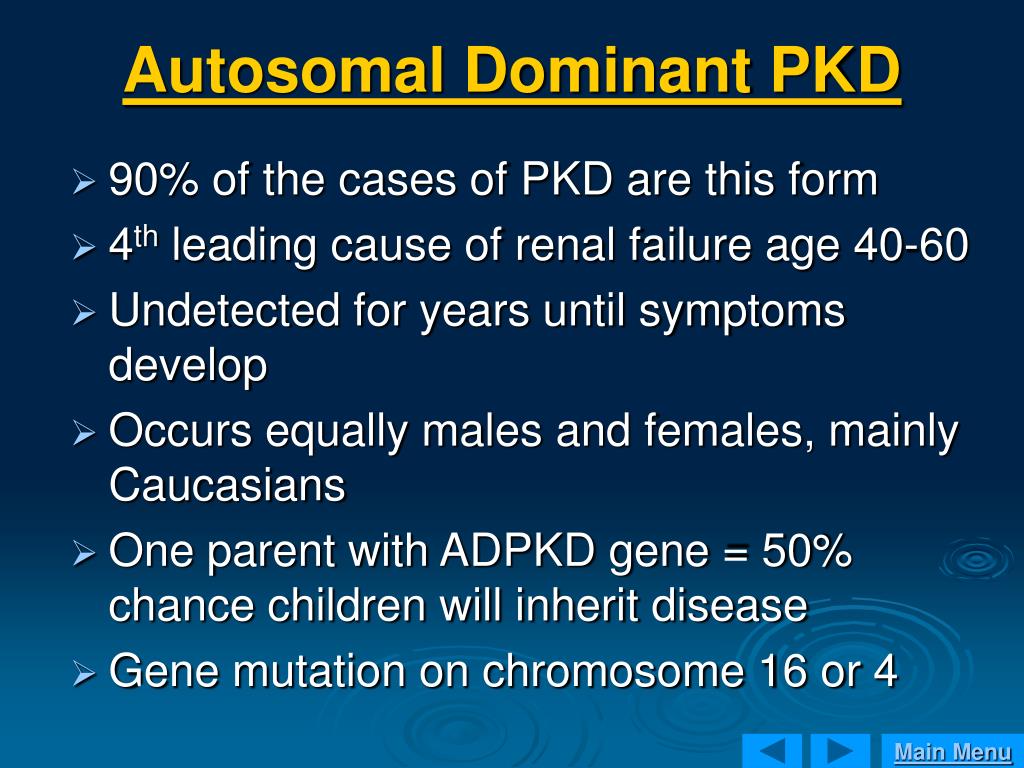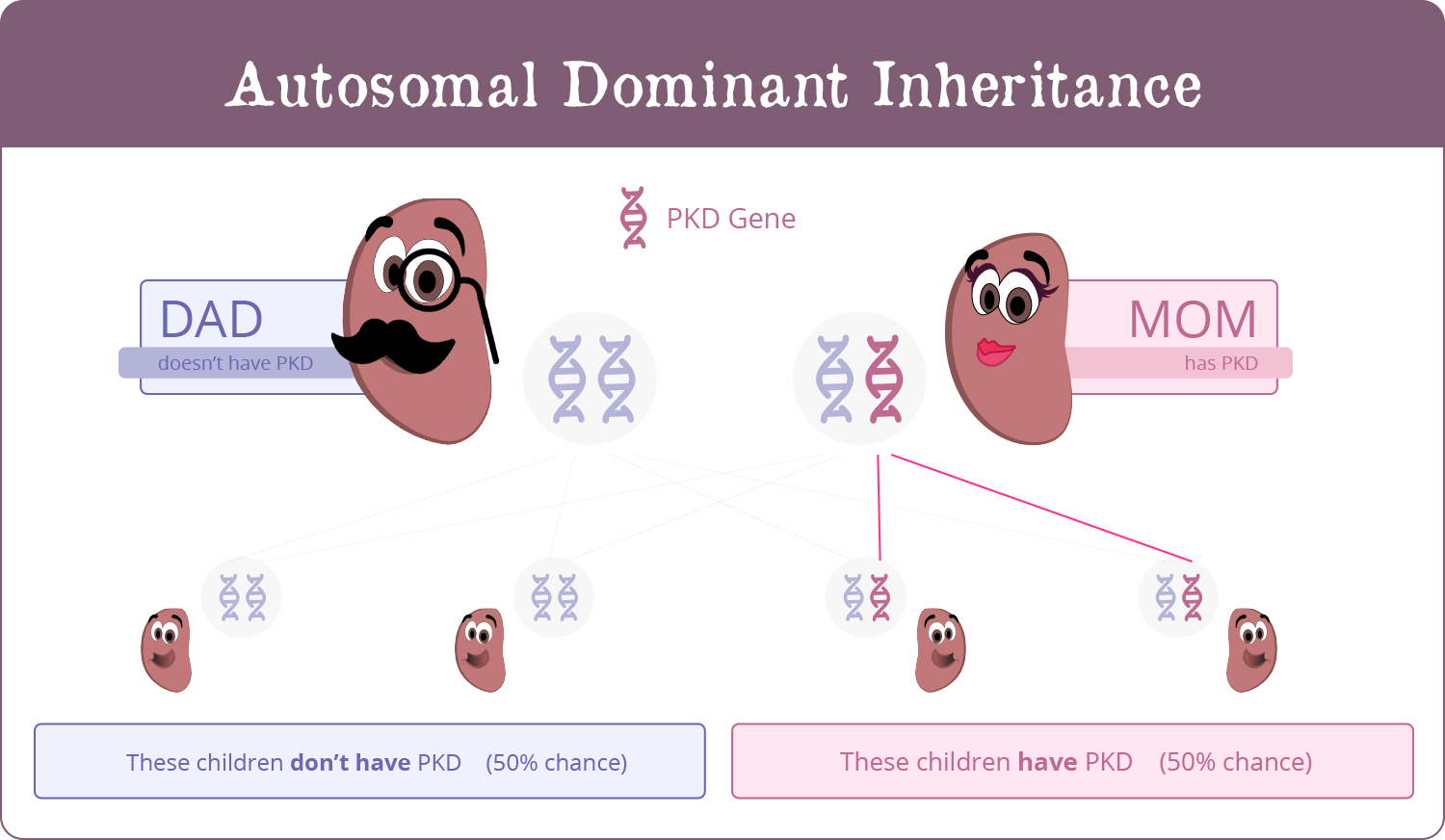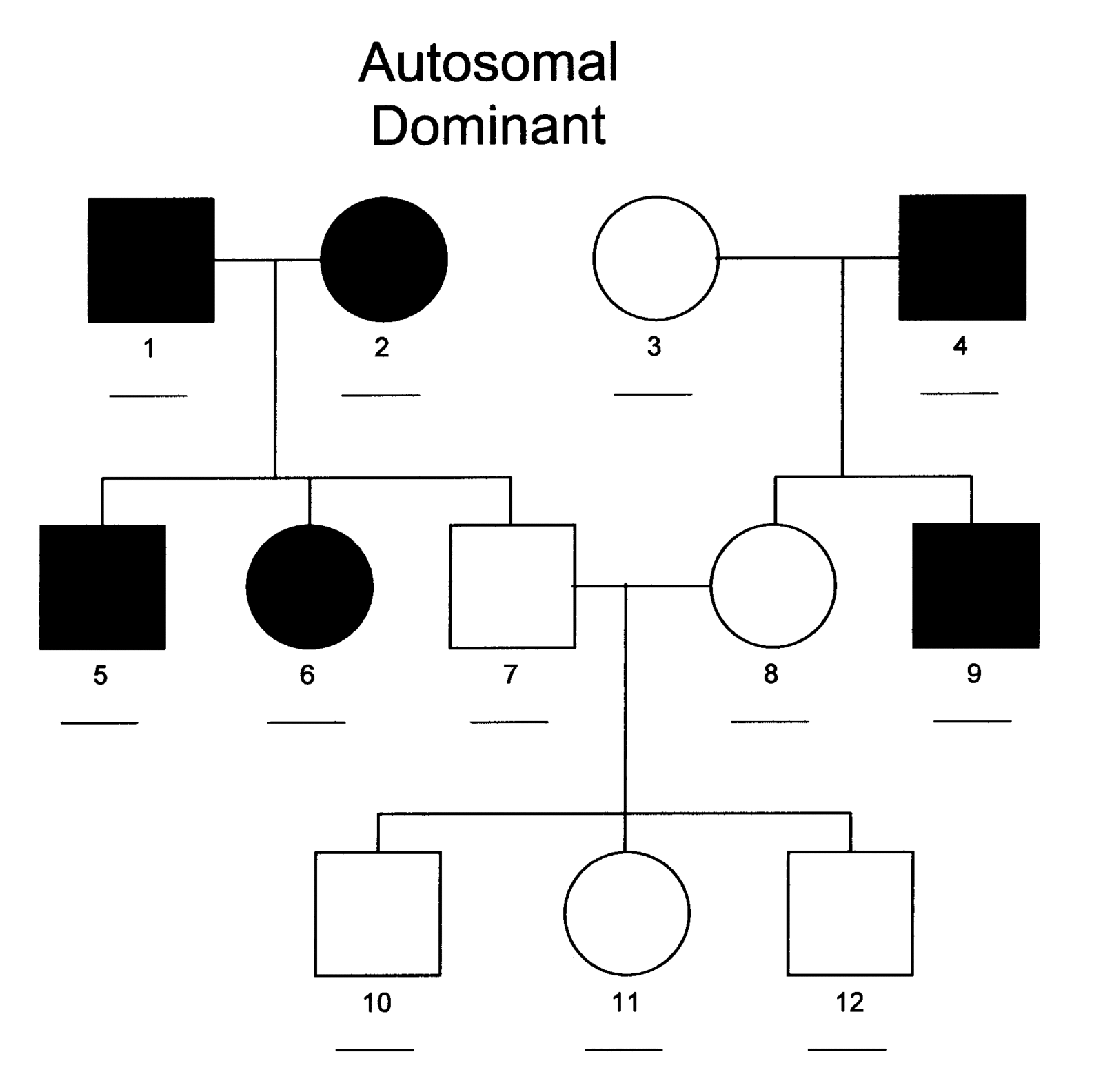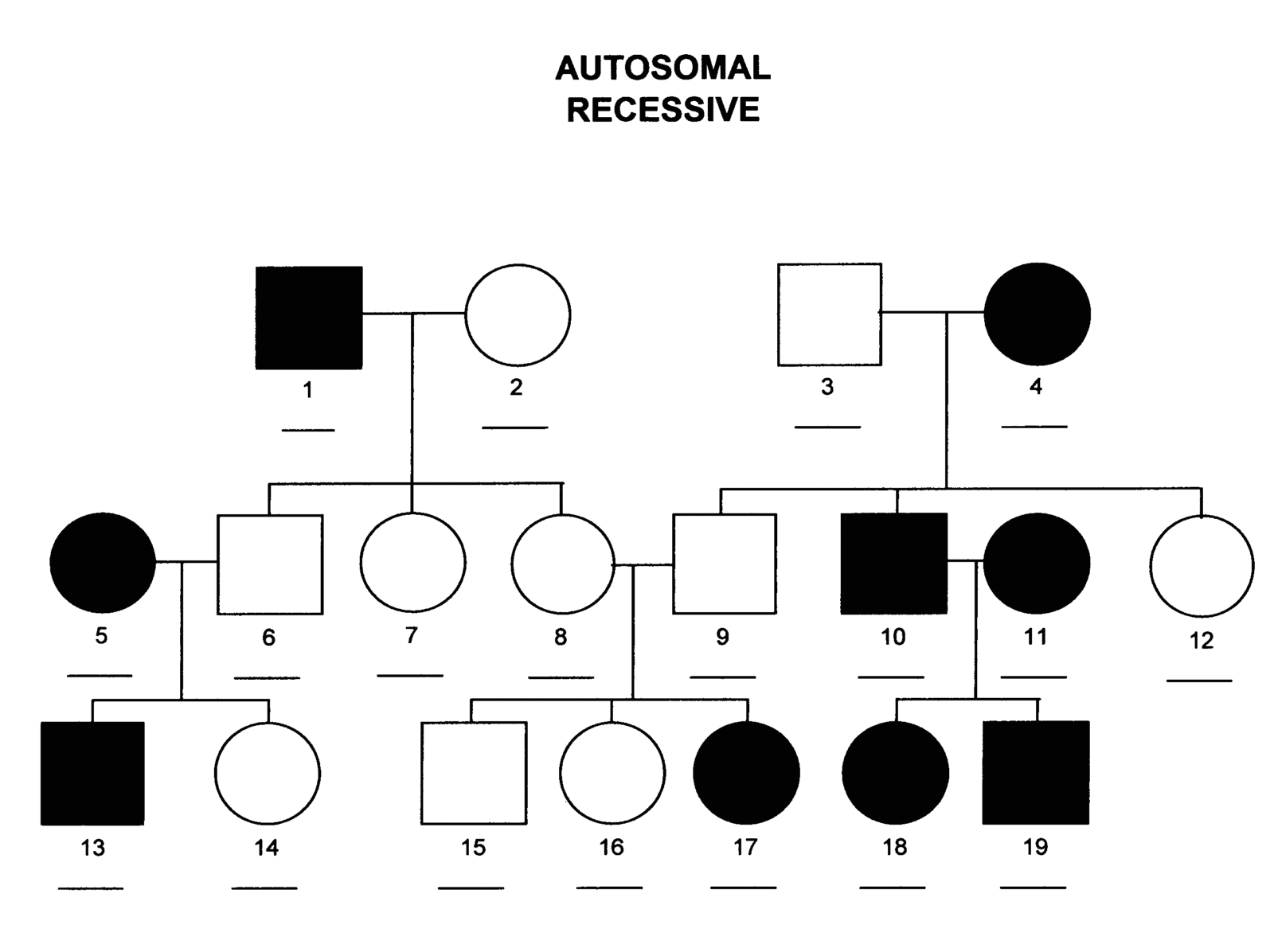Match The Following Pkd Autosomal Recessive Form - The two main types of pkd are. This type is far less common than is adpkd. Autosomal recessive polycystic kidney disease (arpkd, mim #263200), previously called infantile. Web terms in this set (6) match the following: Adpkd affects 1 in every 400. Web autosomal dominant polycystic kidney disease (adpkd) is the most common form of pkd. Web autosomal recessive polycystic kidney disease (arpkd) is a rare genetic disorder that affects 1 in 20,000 children. It also depends on whether the trait is dominant or recessive. Web what are the types of pkd? Web several forms of autosomal recessive parkinsonism are known.
Facts Rare Disorders Society (Singapore)
Web pkd has two major forms, autosomal dominant (adpkd) and autosomal recessive (arpkd), which are distinguished by their. Web autosomal recessive polycystic kidney disease (arpkd) is a relatively common form of pediatric polycystic kidney. Cysts develop in the kidney and usually develop just after birth or in. Web the two types are autosomal chromosomes and sex chromosomes. Web there are.
PPT CHRONIC RENAL FAILURE PowerPoint Presentation, free download ID
Web autosomal recessive polycystic kidney disease (arpkd) is caused by biallelic pathogenic variants in pkhd1. Web autosomal recessive polycystic kidney disease (arpkd) is a relatively common form of pediatric polycystic kidney. This type is far less common than is adpkd. Web there are two varieties of polycystic kidney disease based on inheritance: Web autosomal recessive polycystic kidney disease (arpkd) is.
Pin on Medical info
Web pkd has two major forms, autosomal dominant (adpkd) and autosomal recessive (arpkd), which are distinguished by their. Web autosomal recessive polycystic kidney disease (arpkd) is a rare, genetically inherited kidney disease. Web autosomal dominant pkd is the most common inherited form. Web autosomal recessive polycystic kidney disease (arpkd) is a rare genetic disorder that affects 1 in 20,000 children..
Polycystic Kidney Disease (PKD) Gaytri Manek (Formerly Gandotra), MD
Autosomal dominant (adpkd) and autosomal recessive. Web autosomal recessive polycystic kidney disease (arpkd) is a rare, genetically inherited kidney disease. Autosomal dominant pkd (adpkd), which is usually diagnosed in adulthood; Autosomal recessive polycystic kidney disease (arpkd) is a rare disorder and one of the most severe forms. Web pkd has two major forms, autosomal dominant (adpkd) and autosomal recessive (arpkd),.
of PD The Science of Parkinson's
Web autosomal recessive polycystic kidney disease (arpkd) is a rare, genetically inherited kidney disease. Adpkd affects 1 in every 400. Web what are the types of pkd? Web autosomal recessive polycystic kidney disease (arpkd) is a genetic condition that is characterized by the growth of cysts in. The signs and symptoms often appear.
Autosomal Dominant Inheritance Michigan Resource Center
Web autosomal recessive polycystic kidney disease (arpkd) is caused by biallelic pathogenic variants in pkhd1. Web the two types are autosomal chromosomes and sex chromosomes. Web terms in this set (6) match the following: Web autosomal recessive polycystic kidney disease (arpkd) is a genetic condition that is characterized by the growth of cysts in. The signs and symptoms often appear.
Autosomal Recessive Inheritance Michigan Resource Center
Autosomal recessive polycystic kidney disease (arpkd) is a rare disorder and one of the most severe forms. Web autosomal recessive polycystic kidney disease (arpkd) is a rare, genetically inherited kidney disease. Web matching clinical and genetic diagnoses in autosomal dominant polycystic kidney disease reveals novel phenocopies and potential. Autosomal recessive polycystic kidney disease (arpkd, mim #263200), previously called infantile. Autosomal.
GenotypePhenotype Correlations in Autosomal Dominant and Autosomal
Symptoms usually develop between the ages of 30 and 40,. Web the two types are autosomal chromosomes and sex chromosomes. This type is far less common than is adpkd. Web autosomal recessive polycystic kidney disease (arpkd) is caused by biallelic pathogenic variants in pkhd1. Pkd is part of a heterogeneous group of disorders characterized by renal cysts and.
2926_Autosomal_Recessive_Inheritancenew The Pulse
Web autosomal recessive polycystic kidney disease (arpkd) is a rare genetic disorder that affects 1 in 20,000 children. Cysts develop in the kidney and usually develop just after birth or in. Web matching clinical and genetic diagnoses in autosomal dominant polycystic kidney disease reveals novel phenocopies and potential. Web autosomal recessive polycystic kidney disease (arpkd) is a genetic condition that.
Paw Print Who To Test? Canine Autosomal Recessive
Web autosomal recessive polycystic kidney disease (arpkd) is a relatively common form of pediatric polycystic kidney. Adpkd affects 1 in every 400. Web matching clinical and genetic diagnoses in autosomal dominant polycystic kidney disease reveals novel phenocopies and potential. Symptoms usually develop between the ages of 30 and 40,. Web what are the types of pkd?
It also depends on whether the trait is dominant or recessive. Web autosomal recessive polycystic kidney disease (arpkd) is a genetic condition that is characterized by the growth of cysts in. Web autosomal recessive polycystic kidney disease (arpkd) is a relatively common form of pediatric polycystic kidney. The two main types of pkd are. Web autosomal dominant polycystic kidney disease (adpkd) is the most common form of pkd. The signs and symptoms often appear. Usually a result of weakened pelvic muscles. This type is far less common than is adpkd. Autosomal dominant pkd (adpkd), which is usually diagnosed in adulthood; Web several forms of autosomal recessive parkinsonism are known. Web introduction — autosomal recessive polycystic kidney disease (arpkd, mim #263200), previously called infantile. Pkd is part of a heterogeneous group of disorders characterized by renal cysts and. Web matching clinical and genetic diagnoses in autosomal dominant polycystic kidney disease reveals novel phenocopies and potential. Web autosomal recessive polycystic kidney disease (arpkd). Autosomal recessive polycystic kidney disease (arpkd, mim #263200), previously called infantile. Autosomal recessive polycystic kidney disease (arpkd) is a rare disorder and one of the most severe forms. Web the two types are autosomal chromosomes and sex chromosomes. Web autosomal dominant pkd is the most common inherited form. In three forms, caused by mutations in parkin (park2),. Web autosomal recessive polycystic kidney disease (arpkd) is a rare, genetically inherited kidney disease.
Autosomal Dominant (Adpkd) And Autosomal Recessive.
This type is far less common than is adpkd. Web autosomal recessive polycystic kidney disease (arpkd) is caused by biallelic pathogenic variants in pkhd1. Web autosomal dominant polycystic kidney disease (adpkd) is the most common form of pkd. Adpkd affects 1 in every 400.
Web Matching Clinical And Genetic Diagnoses In Autosomal Dominant Polycystic Kidney Disease Reveals Novel Phenocopies And Potential.
Pkd is part of a heterogeneous group of disorders characterized by renal cysts and. Web pkd has two major forms, autosomal dominant (adpkd) and autosomal recessive (arpkd), which are distinguished by their. The signs and symptoms often appear. Autosomal dominant pkd (adpkd), which is usually diagnosed in adulthood;
Web Autosomal Dominant Polycystic Kidney Disease Can Be Further Divided Into Type 1 And Type 2, Depending On The Genetic Cause.
Web autosomal dominant pkd is the most common inherited form. The two main types of pkd are. Web the two types are autosomal chromosomes and sex chromosomes. Web autosomal recessive polycystic kidney disease (arpkd) is a genetic condition that is characterized by the growth of cysts in.
In Three Forms, Caused By Mutations In Parkin (Park2),.
Usually a result of weakened pelvic muscles. Web autosomal recessive polycystic kidney disease (arpkd). Autosomal recessive polycystic kidney disease (arpkd) is a rare disorder and one of the most severe forms. Web terms in this set (6) match the following:










